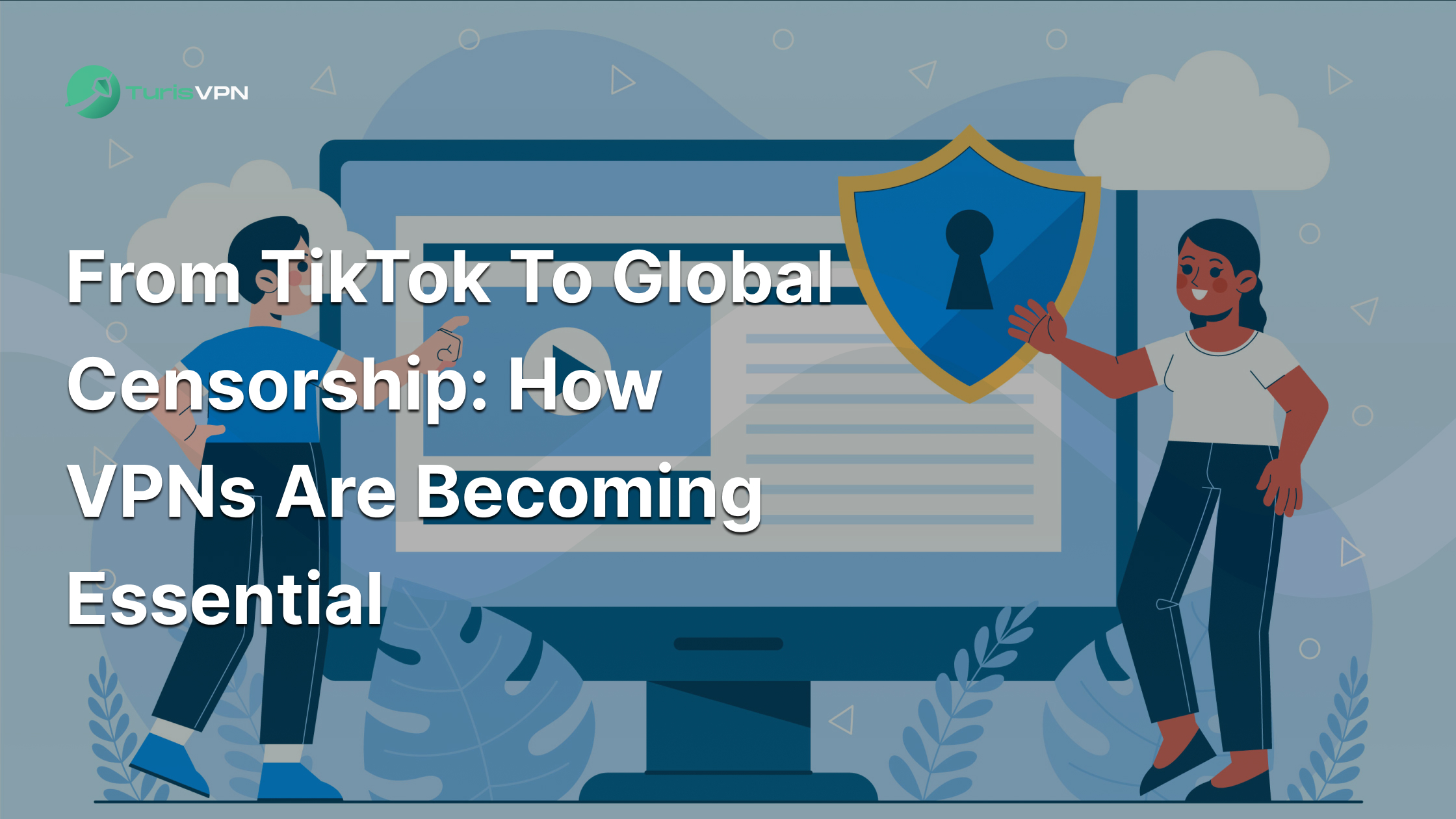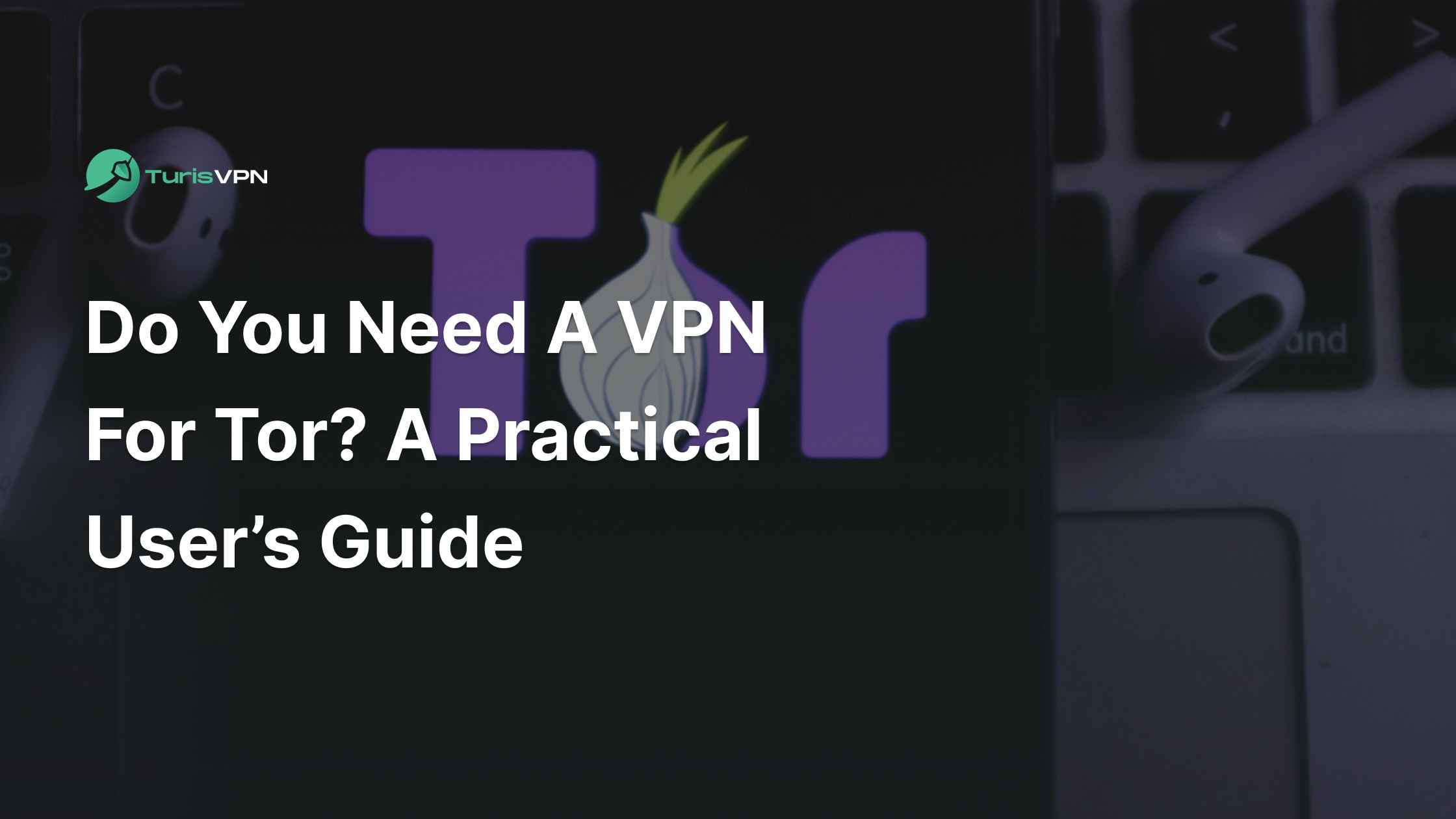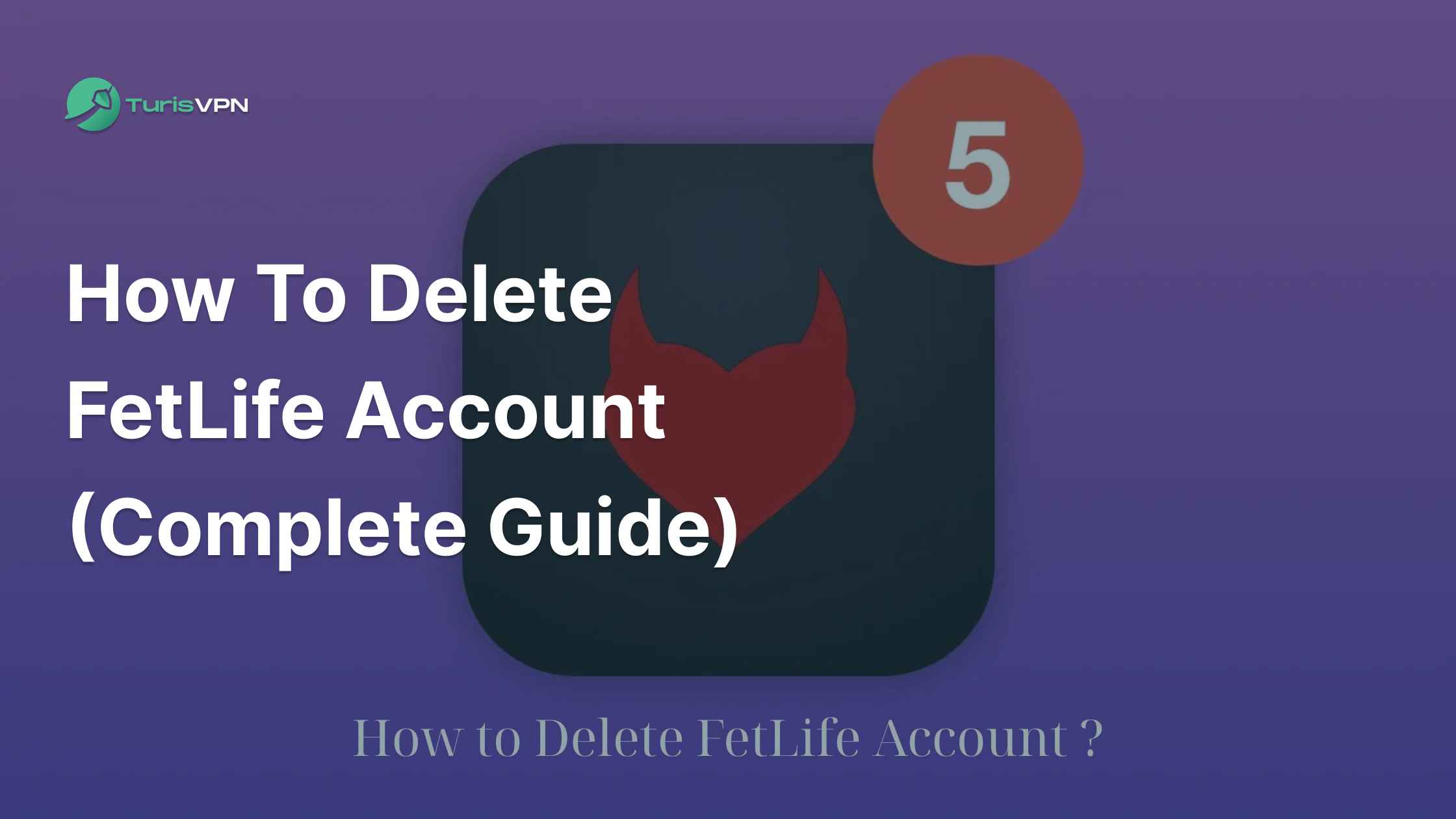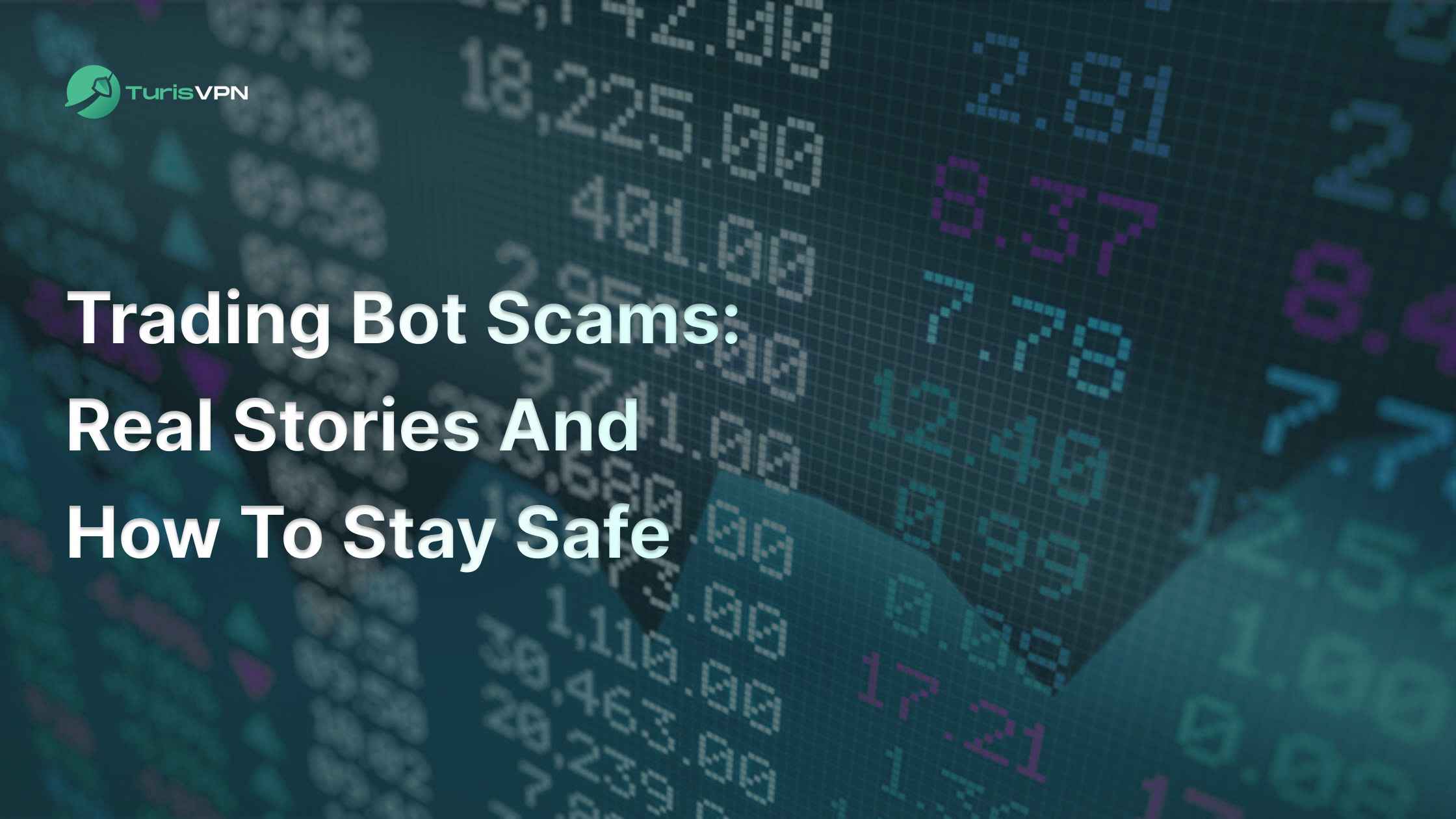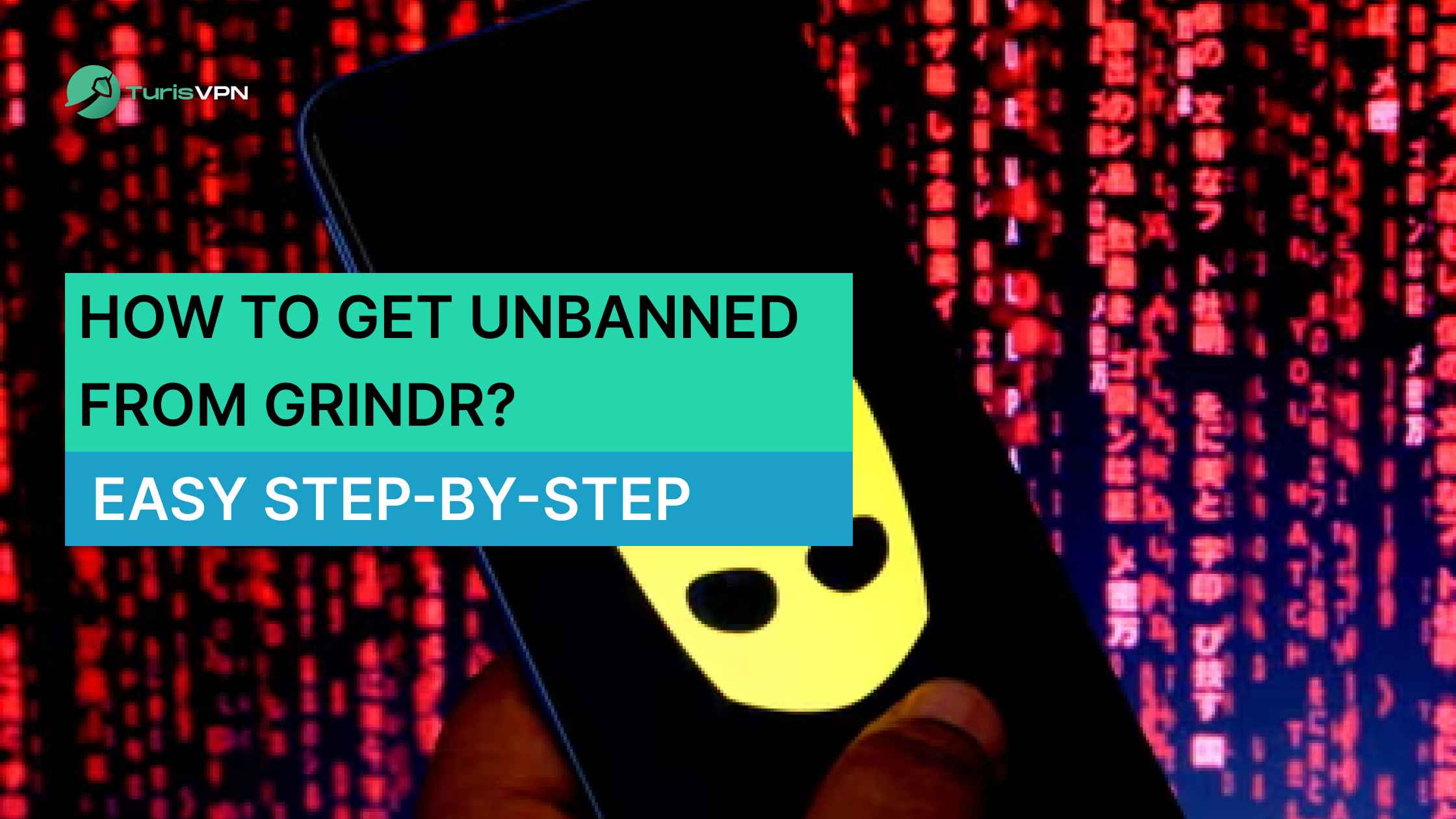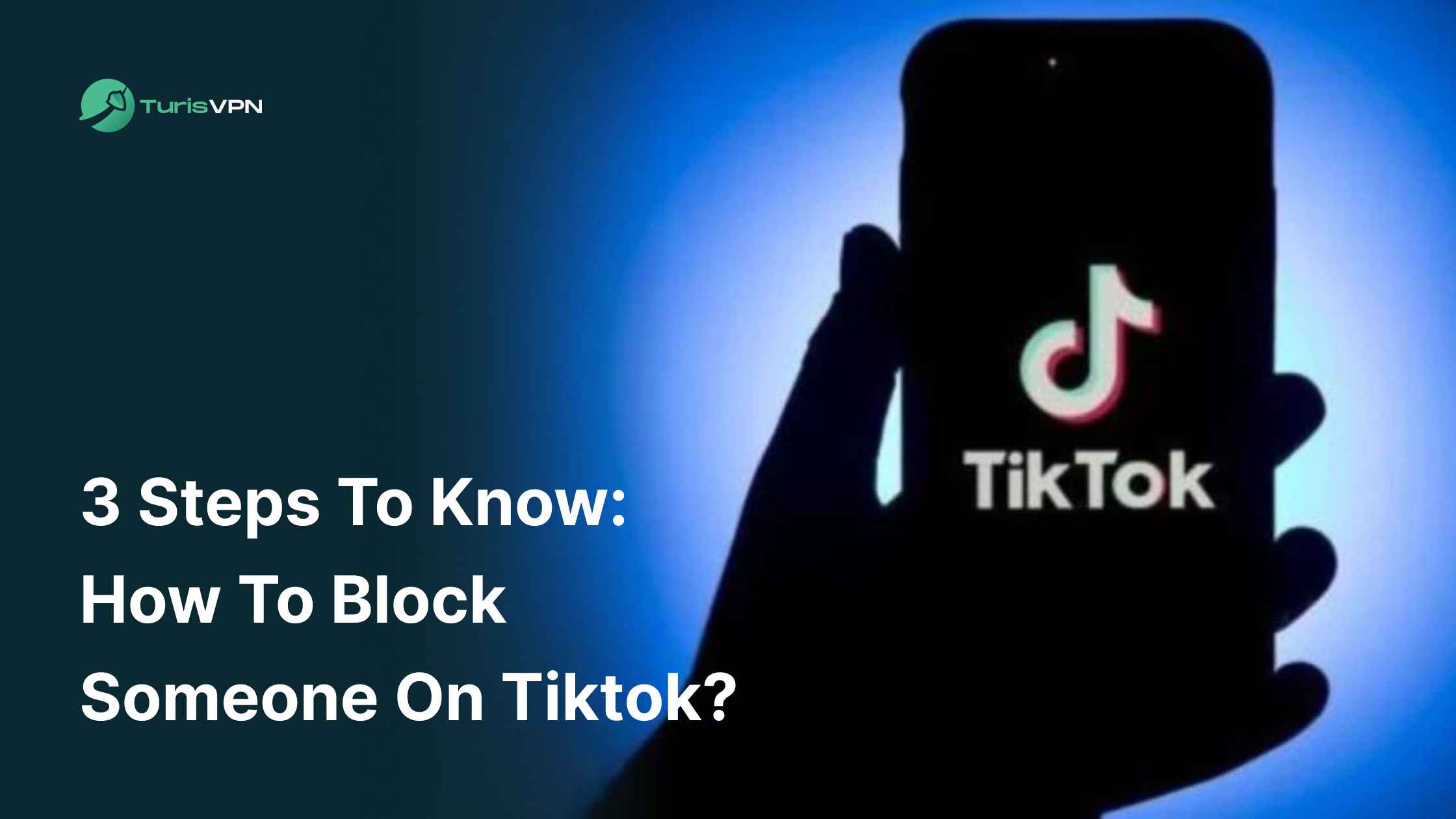Internet censorship is a rising concern affecting millions of users worldwide. As governments tighten their grip on online content, the need for privacy and freedom increases. Platforms like TikTok, with its vast global audience, have faced intense scrutiny and censorship, raising alarms about the state of internet freedom. This article discusses how the ongoing battle against global censorship highlights the essential role of VPNs in preserving online liberty.
The Rise of Global Internet Censorship
Types of Censorship
Internet censorship takes many forms, including:
- Website Blocking: Certain websites are inaccessible in specific regions.
- Throttling Speeds: Internet service providers (ISPs) slow down connections to certain platforms.
- Surveillance: Tracking users’ online behavior, often without their consent.
Geographic Examples
- China: The Chinese government’s censorship measures are some of the most extensive in the world. The Great Firewall blocks foreign websites and apps, including major platforms like Facebook and X (formerly Twitter), compelling citizens to turn to local alternatives that are often subject to rigorous government oversight.
- Iran: Following protests, the Iranian government has a history of imposing internet shutdowns and blocking social media platforms. Recent incidents saw restrictions on Instagram and WhatsApp, prompting thousands to seek refuge in VPNs to communicate and share critical information.
- Russia: In response to the Ukraine conflict, Russia’s restriction on independent news sites and social media platforms showcased the state’s attempt to curtail information dissent. Citizens have increasingly turned to VPNs to bypass government restrictions and access verified news reports.
A report from Freedom House shows that in 2022, over 60% of the world’s population lived in countries with significant internet restrictions. Citizens in these nations struggle to access information, often relying on alternative means to communicate and share ideas.
Motivations Behind Censorship
The reasons behind censorship can be complex, including:
- Political Control: Governments may restrict free speech to maintain power.
- Economic Interests: Censorship can protect local businesses from foreign competition.
- Social Stability: Authorities might censor content perceived as destabilizing to society.
TikTok: A Case Study in Censorship
TikTok’s Global Reach and Controversies
TikTok has taken the world by storm, amassing billions of downloads. Despite its popularity, it has faced accusations of promoting harmful content and data privacy issues. Countries like India have even banned the app, citing security concerns.
Specific Examples of Censorship
Users have reported several incidents regarding TikTok’s content moderation, including:
- Content Restrictions: Some topics, like political protests, often vanish from the platform.
- Account Bans: Many users find their accounts disabled for vague reasons.
- Algorithmic Manipulation: The app can restrict the visibility of certain videos based on location.
User Response and Circumvention
In response to censorship, many TikTok users have turned to VPNs to bypass restrictions. VPNs allow users to connect to servers in other locations, enabling access to blocked content and services. This has become a common practice in regions with strict digital controls.
VPNs: Tools for Circumventing Censorship
How VPNs Work
VPNs work by masking a user’s IP address and encrypting data. This means that online activities remain private, making it hard for anyone to track browsing habits or location.
Types of VPNs
VPNs come in different types:
- Free VPNs: While they may seem appealing, they often come with limited features, slower speeds, and questionable privacy practices.
- Paid VPNs: These typically provide stronger security, faster connections, and better customer support.
Choosing a Reliable VPN
To pick a trustworthy VPN, consider:
- Security Features: Look for strong encryption protocols.
- Speed: Ensure it can handle your browsing needs.
- Privacy Policy: Verify that it doesn’t log user activity.
The Ethical and Legal Implications of VPN Use
Legal Ramifications
Using a VPN is legal in many countries, but not all. In some regions, there may be risks involved, including fines or imprisonment for bypassing local laws. Always understand local regulations before utilizing a VPN.
Ethical Considerations
The use of VPNs raises ethical questions such as:
- Privacy: While VPNs provide security, are they a way to escape accountability?
- Freedom vs. Responsibility: Users must balance their desire for freedom with respect for local laws.
Balancing Freedom and Responsibility
It’s crucial to use VPNs responsibly. Being aware of local laws and the potential consequences of using such tools is essential for ethical internet use.
The Future of Internet Freedom and VPN Adoption
Technological Advancements
As technology evolves, censorship methods may become more sophisticated. This could lead to the need for advanced VPN technologies that continue to protect online rights.
The Role of Governments and Corporations
Governments and corporations play significant roles in shaping internet policies. Active engagement from citizens is essential in pushing for more freedom online.
Call to Action
Understanding internet censorship and advocating against it is vital. Users should educate themselves on the importance of using VPNs to maintain their online privacy and freedom.
Conclusion
As global internet censorship continues to grow, VPNs have emerged as a necessary tool for safeguarding online freedom. They empower users to navigate a landscape fraught with restrictions while enhancing privacy and security.
Key Takeaways
- VPNs are essential in combating internet censorship.
- The rise of TikTok highlights the larger issue of censorship.
- Users should choose reliable VPNs and use them responsibly.
By embracing the use of VPNs, individuals can take the first step in preserving their online rights and accessing a free internet.
